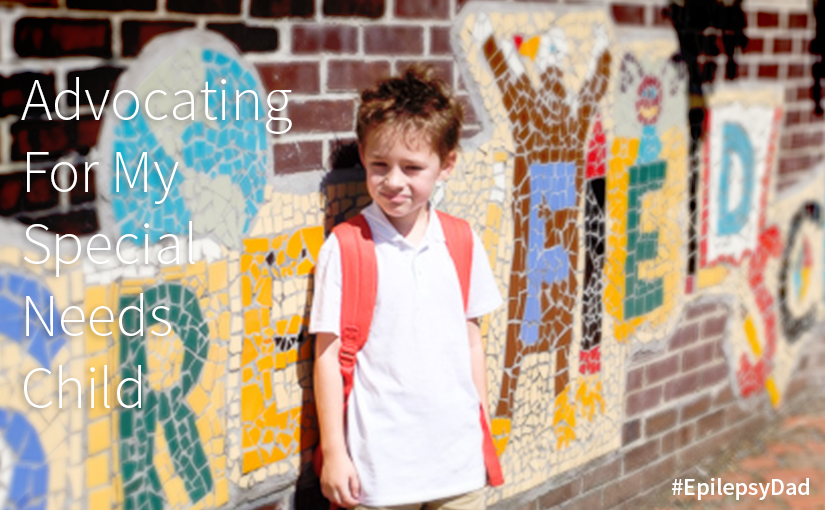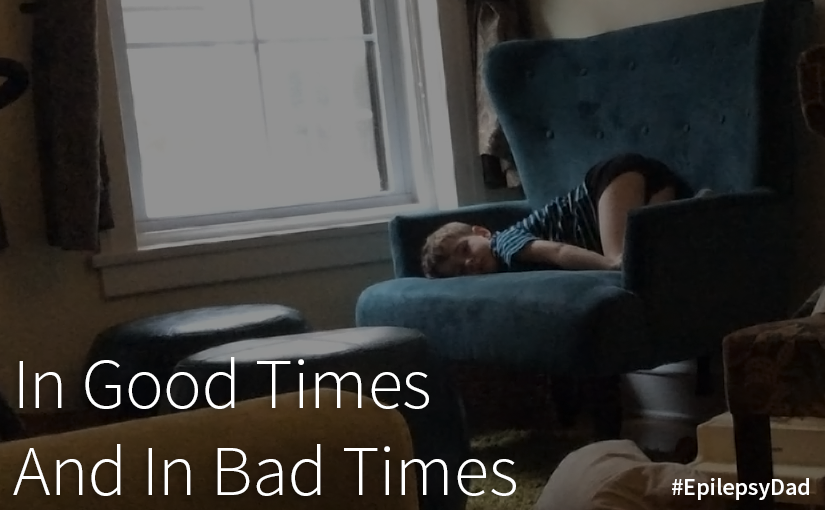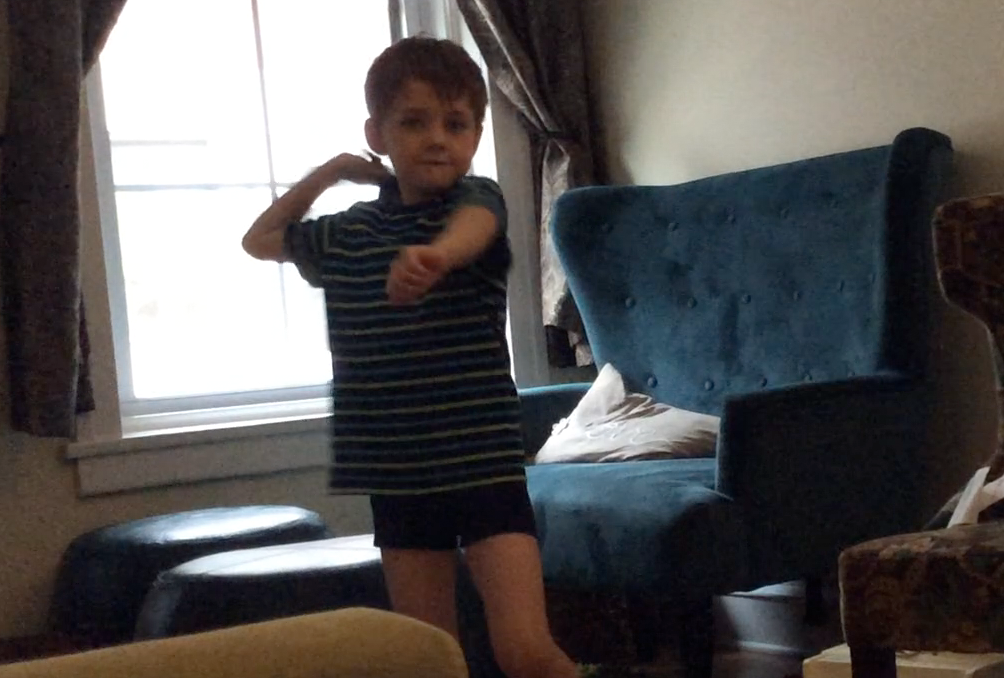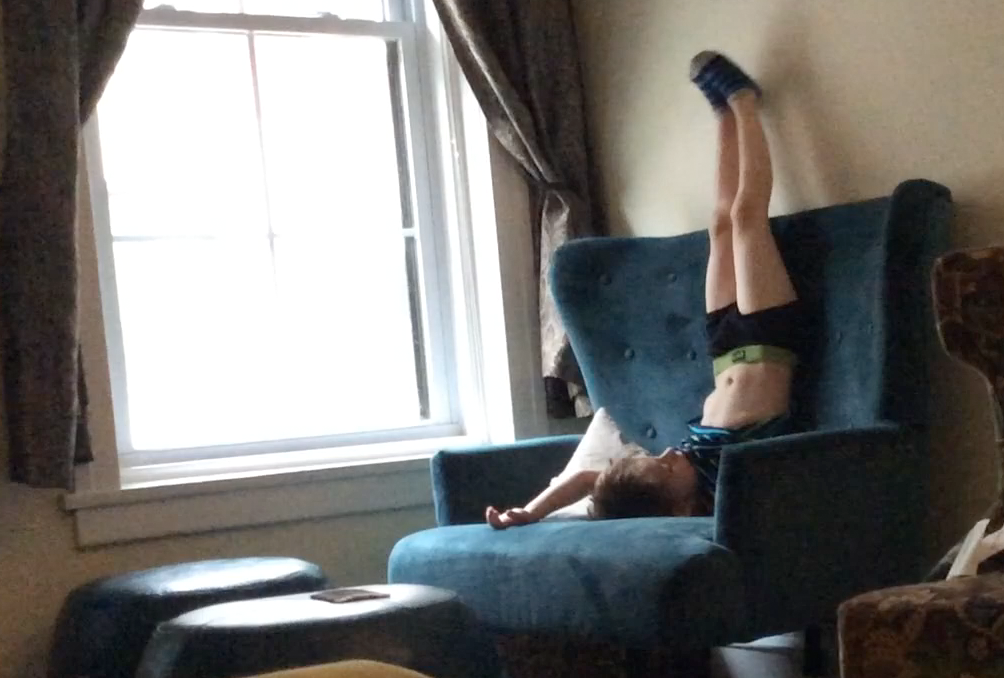I grew up thinking that everything had to be perfect. Between the nuns at my Catholic school and my parents at home, I walked a very thin rope of perfection, calculating each step so as not to fall and raise the ire of either side. I wasn’t perfect, of course, and I probably spent just as much time suffering the consequences as I did running from them. Today, the legacy of that rigid black-and-white right-and-wrong upbringing causes me to be extremely hard on myself.
A few weeks ago, we were putting ornaments on the Christmas tree. My son was enthusiastically picking up ornaments from the pile we made for him and rushing to place them on the tree. Inevitably, one of the fragile glass bulbs slipped from his tiny hands as he rushed to stand and it crashed and broke on the floor. “I’m sorry”, he said. I told him that he should be more careful and slow down, and he apologized again.

Lately, I feel like I’m always on my son and that he spends most of his time with me apologizing. It’s a terrible feeling for me, and I can only imagine what it feels like for him. What makes it worse is that there are many times when he can’t control his body. When he’s tired, there is a disconnect between his brain and his body that exacerbates the gap that is already present in an average six-year-old.
I have gotten so used to dealing with him when the side effects of the medicine and seizures took away his ability to reason and control his body and I needed to catch everything before it escalated. Now, I can’t step back and let him explore and make mistakes.
He must feel helpless to avoid my disapproving gaze and constantly feel like he’s disappointing me. “I’m not mad, honey, I’m just disappointed” is classically the worst sentence in the history of parenting, and I feel as if I’m delivering it with every dissatisfied glance.
I’m not suggesting that there shouldn’t be any rules or consequences. Now that we’re back among the general population, I see other kids going without boundaries as their parents ignore them, and that’s the other extreme. It’s my job to teach him right and wrong, acceptable and unacceptable. But my response needs to be in proportion to the behavior, and I’m having a hard time letting go of those feelings I had when things were at their worst.
One of our therapists offered a piece of advice that I am trying to put in to practice. She said that if he’s not doing something unsafe, and if what he is doing is not the end of the world, then take a deep breath and ignore it. Especially when an innocent action now feels like one that he did when his behavior was out of control, it makes sense that my alarms would be firing. But that doesn’t mean that every action needs a response. If he is being unsafe, or if he is breaking a house rule (no hitting, for example), then address it. But if he’s flopping on the ground, or his laughs turn in to a scream, then I should take that breath.
I don’t want my son spending his childhood always having to say he’s sorry. What he is going through is hard enough, and I don’t want to contribute to squelching the bright, special light that is inside his heart by making him feel like he needs to be perfect. It’s my job to help guide him along the way to stay on the right path, but it’s also my responsibility to help him be happy and free.




